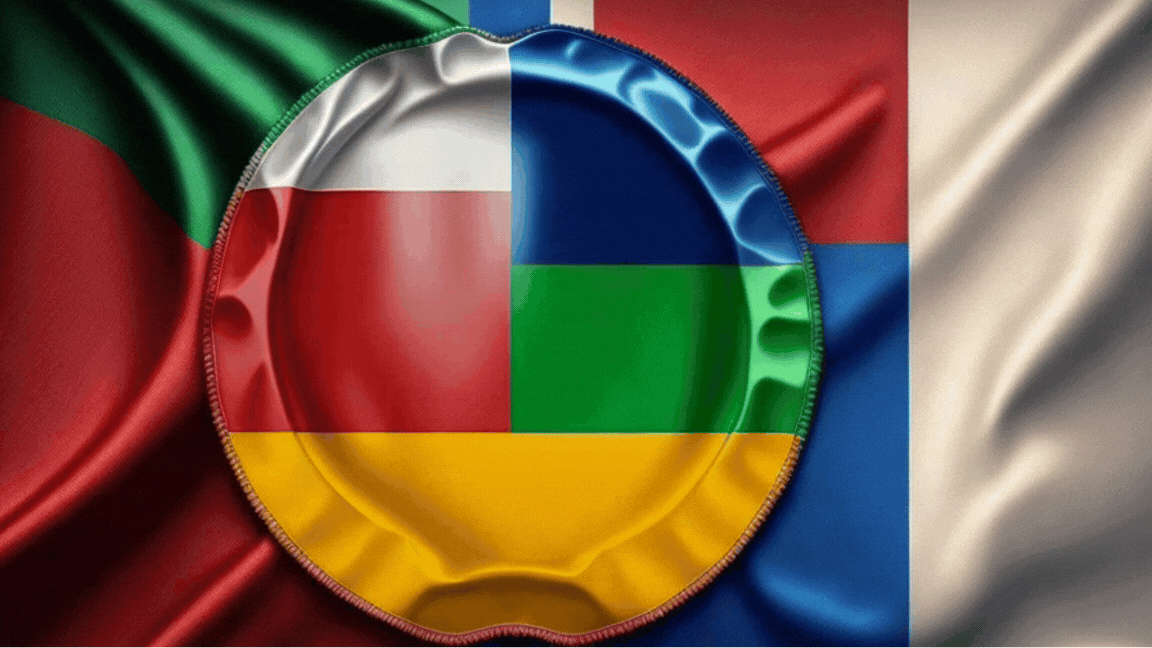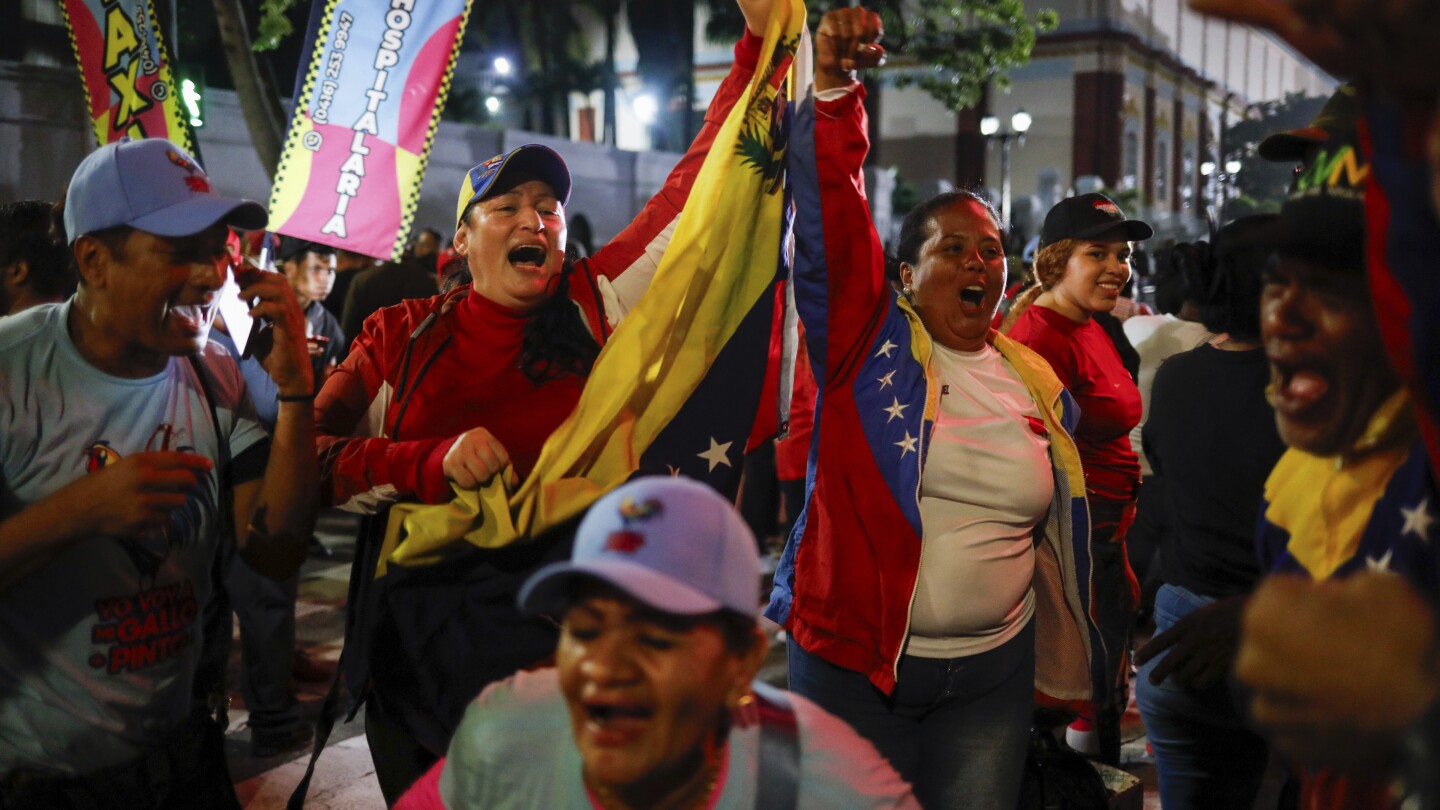.gif)
Venezuela: is anyone still betting on the opposition?
Not me. Even a penny. But let's read its renewed commitments. “[We] are getting closer and closer to that change we [...] deserve so much (...) See you very soon in the streets of our beloved country”, declared yesterday opposition leader María Corina Machado, who has not been seen in public for weeks. I do not know what chess board the former congresswoman has in front of her, but I see checkmate in a move for her defense. The opposition does not have the muscle to win the pulse of Chavismo, which also surpasses it in wisdom—by a long distance—to fight political battles. I say this without disregarding the messy and obscure electoral management of Chavismo, but arguing that the opposition should have defended its point about the electoral fraud before the judiciary—when it had the chance—, and that the decision to go to the polls with Edmundo González Urrutia was a huge nonsense. The cowardice of the stammering former candidate dynamited all the roads that could lead the anti-Chavez supporters to the Miraflores Palace, if any existed.
Machado says that they will enforce their destiny—that is: to return to power—, but her own rhetoric betrayed her as she tried to touch again the heartstrings of the Armed Forces. This tells us that the opposition does not depend on itself, although it insists in its narrative that the end of the red reign in Caracas is “much closer” than we imagine. Meanwhile, on the eve of Christmas, the Bolivarian authorities released “all” the teenagers who were imprisoned during the two violent days following the disputed July 28 elections—an NGO has confirmed this—, and in general claimed to have released 40% of those detained then, although many—if not most—on parole. At the same time, the imprisonment of important new opposition activists and officials is reported. So the beginning of 2025 will be interesting not for what happens in the Venezuelan capital but in Washington, once the concrete policy to be applied by a hawkish Trump administration is discovered.
 Source
SourceEcuador
We zoom in on the bloody, coastal city of Guayaquil to update the alleged case of forced disappearance of four minors, for which 16 members of the Air Force will be formally charged. The military authorities issued zigzagging, confusing statements about the event, first denying any involvement, and finally assuming that the children were indeed detained by a military patrol—presumably because they were committing a robbery—which would have released them without following the standard protocols. It is said that one of the extracted minors contacted his father that day to tell him that they had been beaten and then abandoned—naked—near an air base located in the town of Taura, but when police agents arrived at the place they did not find them.
The case has shocked the country and put in check the government of the despotic Daniel Noboa, whose administration has been marred by an unrelenting insecurity and a severe energy crisis. It would be a huge nonsense that while a vast military deployment—decreed by the Carondelet Palace—has not been able to contain the violence in Guayas and other regions, neither in the streets nor in the prisons, four minors are victims—probably fatal—of the abuse of that military force. Late on Tuesday it was reported that four bodies were found in a difficult-access area, but still at the end of Wednesday afternoon the minor relatives were without confirmation as to whether the burned, destroyed bodies correspond to those of their loved ones. Identification by fingerprint evidence was ruled out in favor of anthropological examination based on previous wounds, prostheses, fractures and other distinctive features, according to a local newspaper.
 Source
SourceAnd this is all for our report today. I have referenced the sources dynamically in the text, and remember you can learn how and where to follow the LATAM trail news by reading my work here. Have a nice day.

